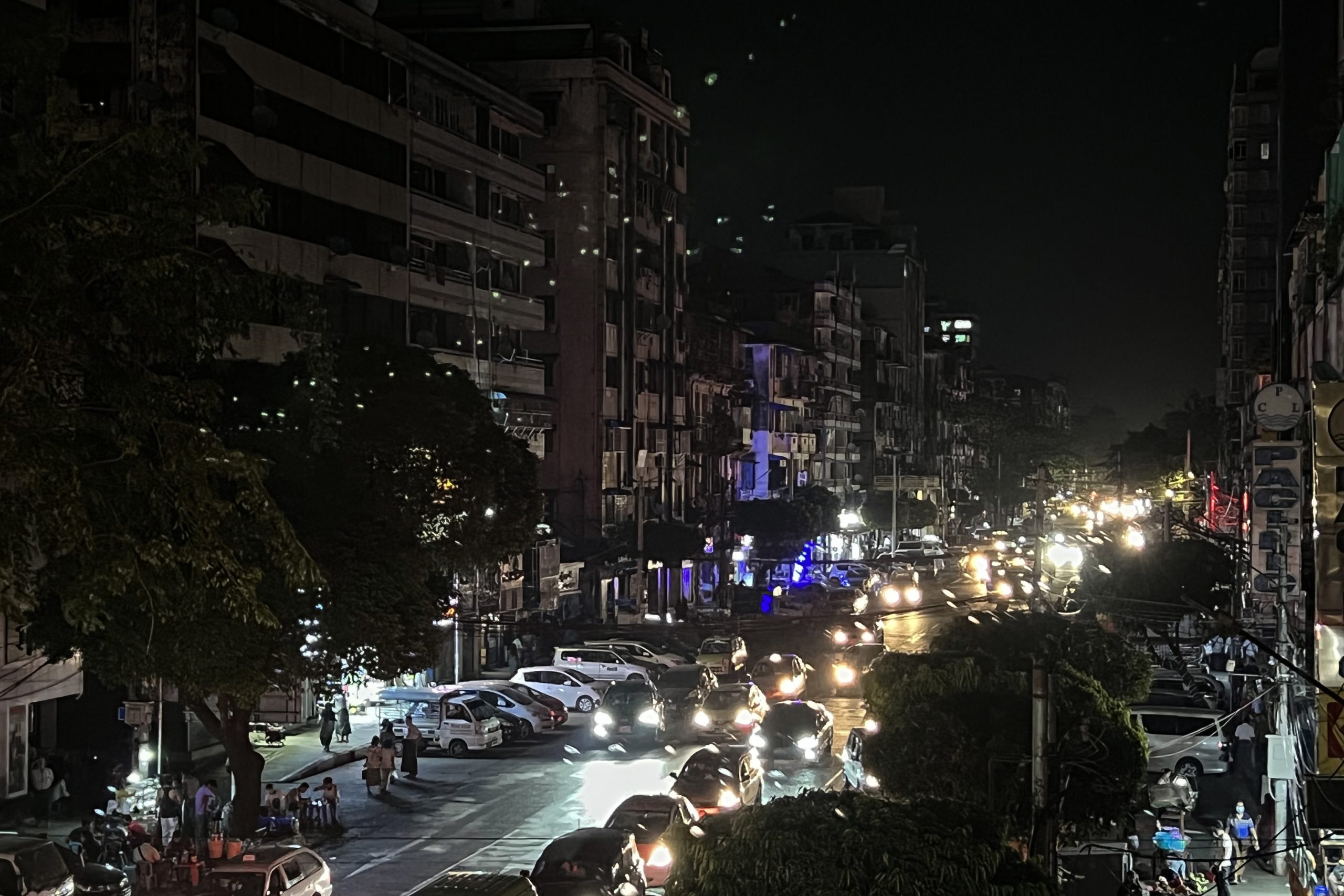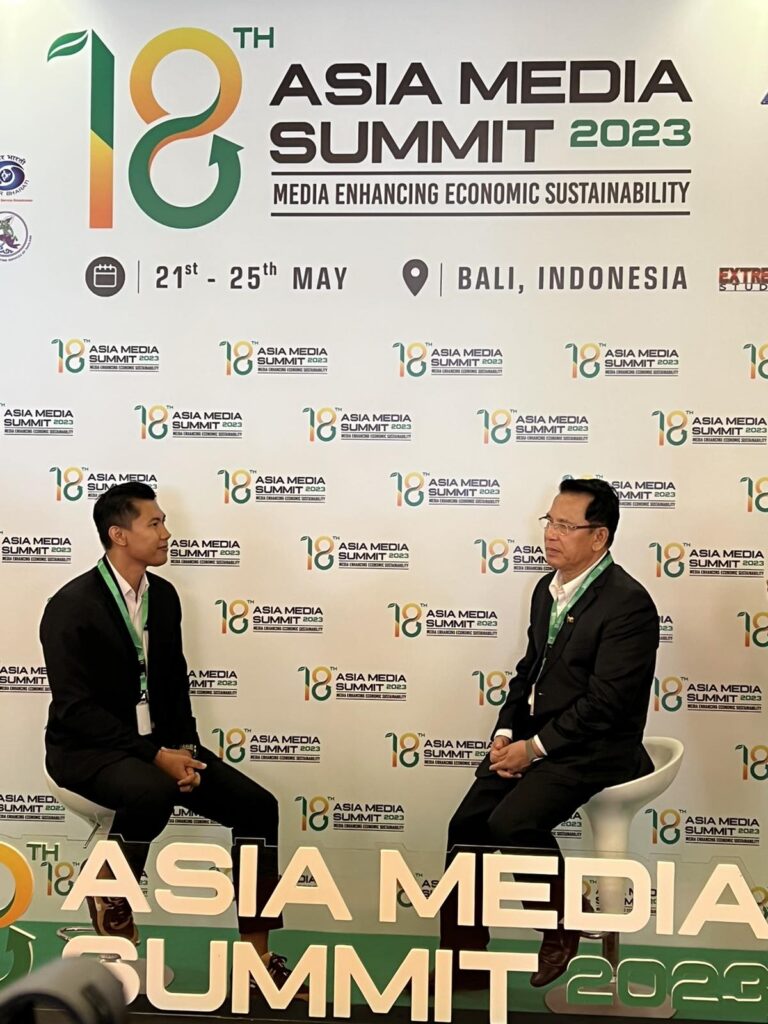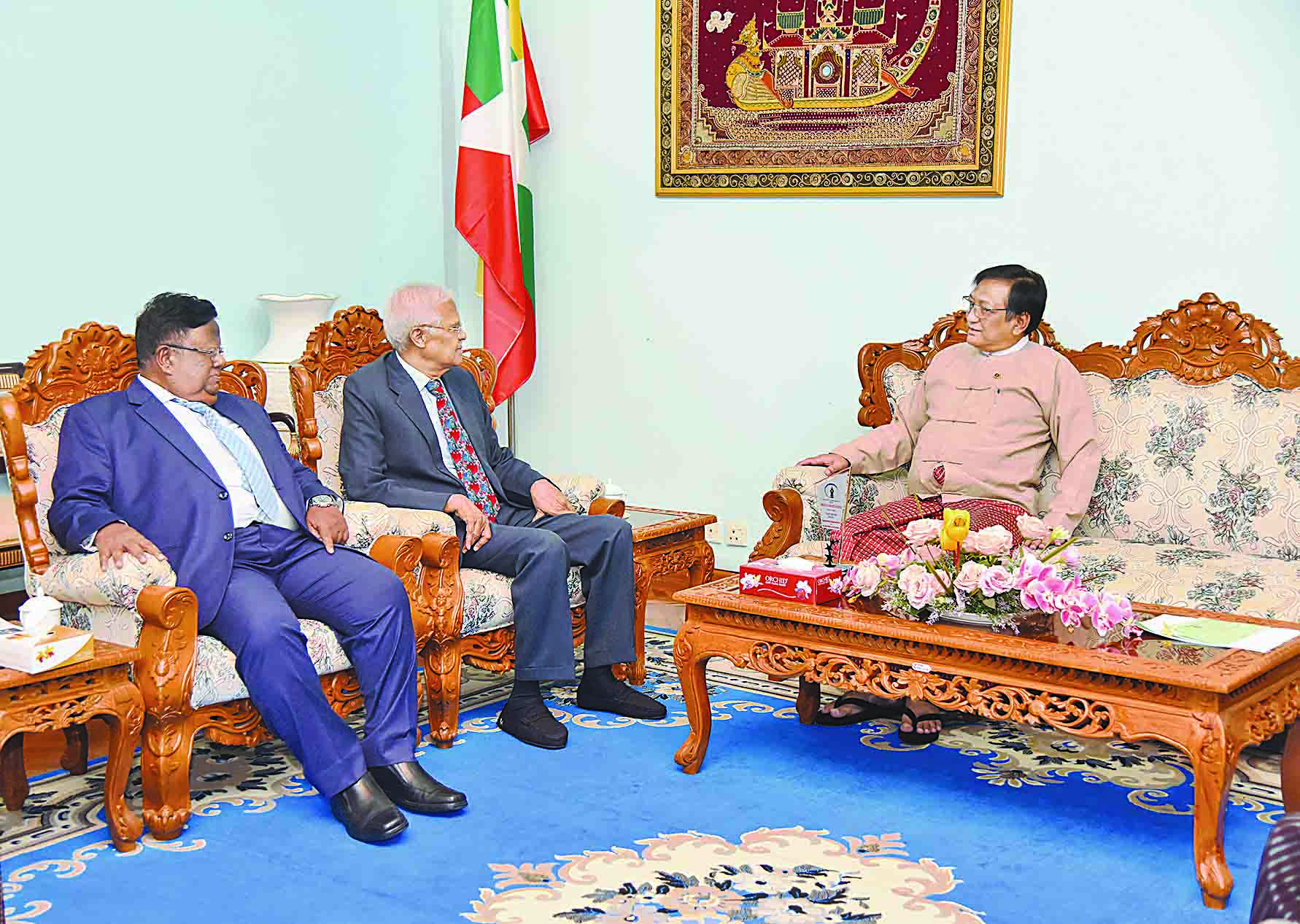General electricity

The latest proof of serious power outages in military-ruled Myanmar came on Wednesday when the junta’s Yangon regional government invited tenders to supply a 250 kVA mobile uninterrupted power supply (UPS) system and a 50 kVA sound-proof generator to ensure electricity at VIP events.
The tender is an admission that the regime can’t supply reliable electricity even for its own events, never mind the general population and private sector.
Yangon’s regional government doesn’t seem to be too bothered by its inability to supply the commercial capital, but is apparently concerned that generals will be annoyed if the lights go out during their events.
That lack of concern over the worsening electricity crisis since the putsch is matched by the junta’s Ministry of Electricity and Energy. The ministry also sourced a 500 kVA diesel generator to provide 24-hour electricity in the regime’s fortified citadel of Naypyitaw, home to Min Aung Hlaing as well as active and retired generals.
Bleating over Facebook, YouTube bans

“Our media is being bullied,” lamented junta-appointed information minister Maung Maung Ohn during a TV interview at the 18th Asia Media Summit in Indonesia in the last week of May.
Facebook has banned state broadcaster Myanma Radio and Television (MRTV) for hate speech and misinformation (though the social media platform, which is virtually synonymous with the internet in Myanmar, still permits other regime-friendly pages to publish false and fabricated news).
However, while complaining loudly about ‘media censorship’, the minister neglected to mention that his junta has arrested more than 100 journalists since the coup, 40 of whom remain in detention. He also failed to say that the regime has closed down at least 10 media outlets. The country ranks a lowly 173 out of 180 countries on the RSF press freedom index and is the world’s second-biggest jailer of journalists.
Last year, the EU-sanctioned information minister proposed setting up a Myanmar version of YouTube – which has also barred official junta outlets. He said the platform, which he dubbed MTube, was necessary to counter false news and misinformation published by foreign and “unethical” media outlets. The local video-sharing and livestreaming platform was duly launched, but its uploaded propaganda clips are receiving only a few views.
Maung Maung Ohn has even more reason to be furious. In May last year, Min Aung Hlaing turned up in person to launch the app-based version of its propaganda channel, MRTV. It must have stung when the app was banned from Apple’s App Store and Google Play the next day.
Indian guidance on faking news

Amid growing ties between the junta and India, the president of the New Delhi-based Foreign Correspondents’ Club of South Asia visited Naypyitaw on June 7 to discuss media cooperation with regime ministers.
Shirumalla Venkat Narayan met junta information minister Maung Maung Ohn for talks on improving regime mouthpiece The Global New Light of Myanmar, as well as covering border trade news, and sending trainee journalists to study at media institutes in India.
Narayan also met commerce minister Aung Naing Oo to discuss economic cooperation between Myanmar and India’s northeastern states and enhancing people-to-people interaction between the two countries.
He called on international cooperation minister Ko Ko Hlaing to discuss the junta’s “efforts for peace and stability” and bilateral cooperation in trade and investment, connectivity and media. And with deputy foreign affairs minister Kyaw Myo Htut he discussed collaboration for media sector development, disseminating news about the “true situation of Myanmar” to the international community, and enhancing the capacity of state-owned media.
Desperate gamble as tax revenue shrinks

The military regime launched an online lottery on Thursday as it scrambles for new revenue streams to offset a slump in tax collections.
The online raffle was launched in partnership with telecom operator Mytel, a joint venture between the defense ministries of Myanmar and Vietnam.
Since the coup in 2021, much of the populace has refused to make payments of any kind to the regime, including utility bills and taxes. They have also boycotted military-linked products including Aung Bar Lay lottery tickets, which has forced the regime to reduce the number and size of jackpots.
The new online system aims to make buying lottery tickets easier, junta boss Min Aung Hlaing told attendees at the launch ceremony. But he admitted that he hoped the online lottery “will improve state revenues.”
Under the now ousted civilian government, lottery vendors selling Aung Bar Lay tickets in cars, on bikes, and on foot were a common sight across urban and rural areas of the country. Min Aung Hlaing apparently wants to test the response of Myanmar people whose mass boycott has seen those retailers vanish since the putsch.
Online lotteries are not new to people in Myanmar; the civilian National Unity Government launched one in August 2021 to raise funds for the revolution.

















